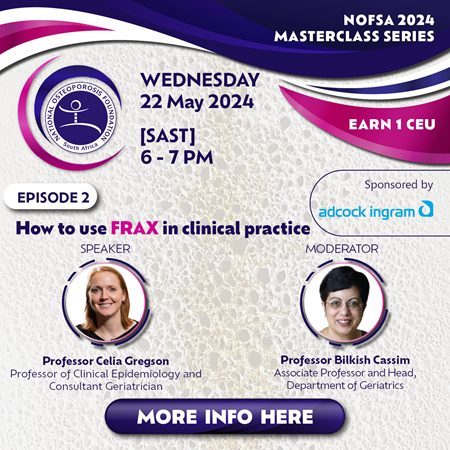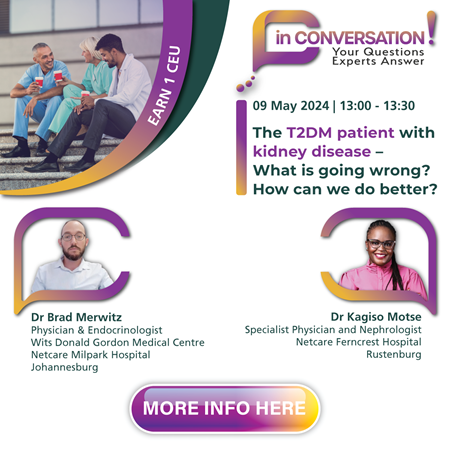Ophthalmology
Anti-VEGFs in retinal disease management: Does the mechanism of action matter?

- Cost: Free of charge
- CPD Points: 2 General CEU
- Retries: 3 attempts
- CPD Accredited in South Africa
- Free certification
- Access on desktop, tablet and mobile
- Access from anywhere
- No time limits, work at your own pace
Introduction
Evidence underpinning new frontiers in the pharmacological approach to the management of retinal diseases such as AMD and DME is discussed by Professor Michael Stewart. Key highlights of this presentation include an explanation of the mechanism of action of the different available anti-VEGFs.
Furthermore, Professor Stewart interprets the data from various key clinical trials and real-world evidence of anti-VEGF therapy and considers the benefits of a T&E regimen compared with fixed or treat as-needed protocols. Two case studies demonstrate a practical clinical approach to the management of AMD and DME.
About our expert

Michael W. Stewart
Professor and Chairman of Ophthalmology
Mayo Clinic, Florida
Michael W. Stewart, MD, is Professor and Chairman of Ophthalmology at the Mayo Clinic in Jacksonville, Florida. Dr. Stewart graduated with honours in chemistry from Harvard College in Cambridge, Massachusetts and from the McGill University Faculty of Medicine in Montreal, Quebec.
He completed an internship in internal medicine at Jackson Memorial Hospital in Miami, Florida, and an ophthalmology residency at Emory University in Atlanta, Georgia. Dr. Stewart completed vitreoretinal fellowships at Touro Infirmary in New Orleans, Louisiana and at the University of California, Davis.
Learning objectives
- An understanding of new drugs for the management of retinal disease, with a different mechanism of action to that of existing treatments.
- An up-to-date awareness of clinical trials using new therapies targeting vascular endothelial growth factors (VEGFs) in the management of age-related macular degeneration (AMD) and diabetic macular oedema (DME).
- Real-world application of retinal disease management strategies, including a treat and extend (T&E) protocol and criteria for switching of therapeutic agents in the case of suboptimal response to initial therapy.



